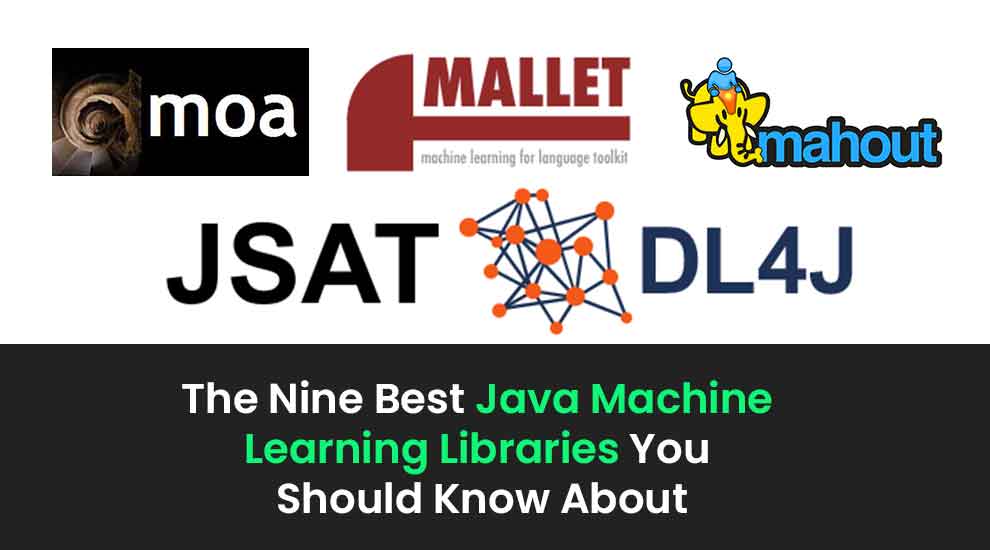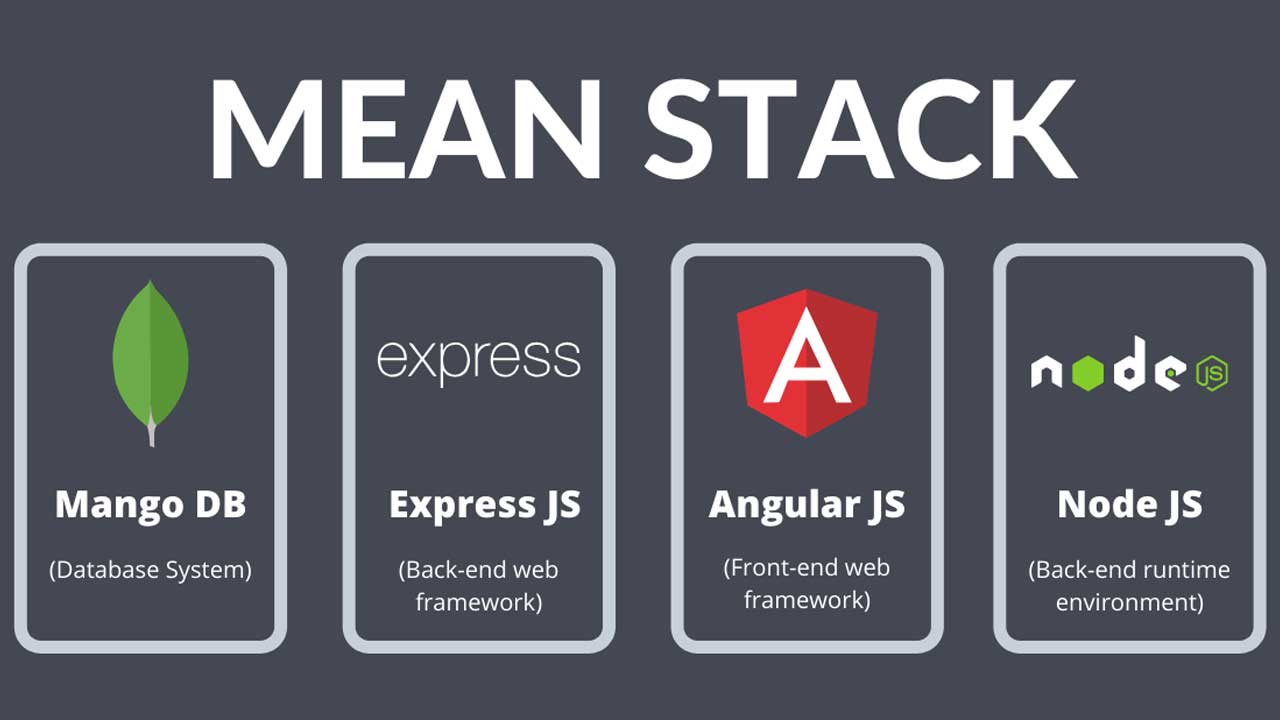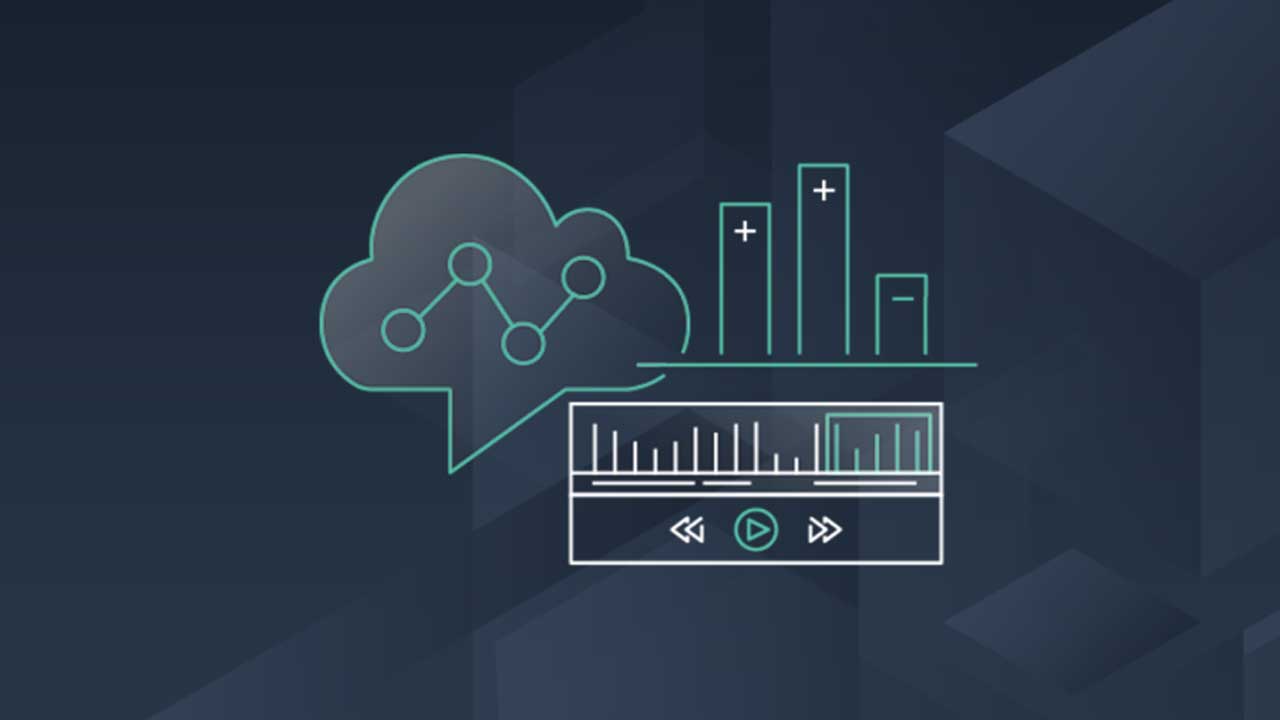The Top 9 Java ML Libraries to Know
The Nine Best Java Machine Learning Libraries You Should Know About
Dive into the world of machine learning with Java! Discover the top nine Java libraries that can supercharge your data-driven projects and revolutionize your approach to solving complex problems.
Introduction:
In this digital age, where data rules the roost, using the power of machine learning has become crucial for software developers. With its versatility and robust ecosystem, Java offers an array of libraries that empower developers to embark on a data-driven journey. In this informative and detailed guide, we will educate you on the nine exceptional Java libraries that will unlock the true potential of machine learning, providing the tools and algorithms to propel your data-driven projects to new heights — from classification and regression to natural language processing and deep learning.
1- Weka
Weka stands tall among the most widely used and trusted Java machine learning libraries. Offering a comprehensive suite of algorithms, Weka caters to both novices and experienced data scientists. Its intuitive graphical interface and extensive documentation provide a user-friendly experience, enabling developers to explore various algorithms and workflows effortlessly.
2- DL4J
Deep Learning for Java (DL4J) brings the power of deep neural networks to the Java development community. With DL4J, developers can construct and train neural networks for tasks such as natural language processing, image recognition, and anomaly detection. Its swift integration with popular deep learning frameworks like TensorFlow and Keras allows for easy collaboration across ecosystems. DL4J’s support for distributed computing ensures efficient training on large-scale datasets, making it a robust choice for tackling complex machine-learning challenges.
3- MOA
Massive Online Analysis (MOA) is a specialized Java library designed to handle streaming data. With its diverse range of algorithms for classification, regression, and clustering, MOA enables developers to build models that adapt and learn in real time. MOA’s lightweight and memory-efficient design makes it a perfect fit for applications dealing with continuous data streams, such as sensor networks and online monitoring systems.
4- Deeplearning4j (DL4J)
Deeplearning4j (DL4J) is a Java library focused on deep learning and neural networks. Designed for scalability, DL4J supports distributed computing and can leverage multi-GPU systems, making it ideal for training large-scale models. Its seamless integration with Apache Spark and Hadoop enables efficient data processing and training on big data platforms. With DL4J, developers can tackle complex tasks like image recognition, natural language understanding, and time series analysis, all within the Java ecosystem.
5- Apache Mahout
Apache Mahout provides a rich set of scalable machine-learning algorithms that harness the power of Apache Hadoop for distributed computing. With Mahout, developers can tackle a wide range of tasks, including clustering, classification, and recommendation systems. Mahout’s extensibility allows for the integration of custom algorithms and data processing pipelines, making it a versatile choice for developing large-scale machine-learning applications.
6- Mallet
Mallet, or Machine Learning for Language Toolkit, is a Java toolkit for natural language processing (NLP). It offers an expansive range of tools and algorithms for tasks like document classification, topic modeling, and information extraction. Mallet’s user-friendly interface and comprehensive documentation make it an excellent choice for NLP beginners and researchers alike.
7: JSAT
Java Statistical Analysis Tool (JSAT) provides a wide array of machine learning algorithms for both supervised and unsupervised learning tasks. With JSAT, developers can explore various classification, regression, and clustering algorithms, as well as dimensionality reduction techniques. JSAT’s emphasis on performance and efficiency ensures smooth and easy handling of large datasets and complex models.
8- ELKI
ELKI (Environment for Developing KDD-Applications Supported by Index-Structures) is a Java library focused on data mining and cluster analysis. It offers a collection of state-of-the-art algorithms for tasks such as outlier detection, density-based clustering, and subspace clustering. ELKI’s modular architecture and extensibility provide flexibility for implementing and experimenting with new algorithms.
9- JOONE
Java Object-Oriented Neural Engine (JOONE) is a powerful neural network framework that simplifies the development and training of neural networks in Java. JOONE offers a visual editor for designing network architectures, making it accessible to beginners. It supports various types of neural networks, including feedforward, recurrent, and competitive networks. JOONE’s intuitive interface and ease of use make it an excellent choice for understanding and experimenting with neural networks in Java.
Expert Tips:
- Keep updated with the latest releases and advancements in the Java machine learning community to leverage the most efficient tools and algorithms.
- Join online communities and forums to link with fellow developers and gain insights into best practices and real-world use cases.
- Experiment with different libraries to find the ones that align best with your project requirements and personal preferences.
Recommendations:
- For beginners: Start with Weka and JOONE to grasp the fundamentals of machine learning and neural networks.
- For deep learning enthusiasts: DL4J and Deeplearning4j offer powerful frameworks to explore the realm of deep neural networks.
- For scalable big data projects: Apache Mahout and DL4J provide distributed computing capabilities to handle large-scale datasets.
- For natural language processing tasks: Mallet and JSAT are excellent choices to process and analyze text data.
- For streaming data applications: MOA provides algorithms that adapt and learn from continuous data streams.
- For data mining and cluster analysis: ELKI offers advanced algorithms for discovering patterns and clusters in datasets.
Key Takeaways:
- Java machine learning libraries empower developers to build intelligent solutions for diverse tasks.
- Weka, DL4J, MOA, Deeplearning4j, Apache Mahout, Mallet, JSAT, ELKI, and JOONE are exceptional Java libraries with unique strengths.
- Consider the exact requirements of your project and choose the libraries that align best with your goals and expertise.
- Staying connected with the Java machine learning community is crucial for staying updated on the latest upgrades and best practices.
Conclusion
In the ever-changing world of machine learning, Java libraries serve as the backbone of innovation and development. The nine Java libraries mentioned in this article provide a comprehensive toolkit for tackling a wide range of machine-learning tasks. From classic algorithms to cutting-edge deep learning frameworks, these libraries empower Java developers to explore, experiment, and build intelligent solutions. Whether you are a beginner taking your first steps in machine learning or an experienced data scientist, including these libraries in your projects will undoubtedly open new possibilities and move you toward success in the world of data-driven technologies.
Frequently Asked Questions (FAQs)
How do I choose the right Java ML library for my project?
Assess your project requirements, including scalability, performance, and algorithmic support, to determine the best-fit Java ML library.
Are these libraries suitable for beginners in ML?
Yes, many of these libraries offer user-friendly interfaces and extensive documentation, making them accessible to beginners.
Can I integrate these libraries with other programming languages?
Some libraries, like DL4J and Encog , offer support for interoperability with other languages, facilitating seamless integration into diverse ecosystems.
Are these libraries suitable for enterprise-level ML deployments?
Absolutely, several libraries, such as RapidMiner and Spark MLlib, are tailored for enterprise-scale ML applications, offering robust features and scalability.
How frequently are these libraries updated?
The top Java ML libraries undergo regular updates and maintenance to incorporate new features, enhancements, and bug fixes, ensuring optimal performance and compatibility.
Are there any community forums or support channels available for these libraries?
Yes, most of these libraries have active community forums, mailing lists, and online documentation where users can seek assistance, share insights, and collaborate with fellow developers.









